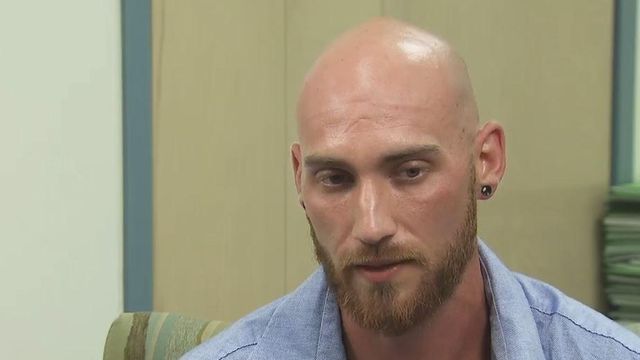Proposed recovery communities act as safety nets for addicts seeking sobriety
Law enforcement officials in Nash county say they're dealing with a drug crisis. While they're still focused on getting drug dealers off the street, one department is pushing for a new method to combat the crisis.
Posted — UpdatedFor 28-year-old Matthew Lewis, the road to drug addiction began when he was in high school when, he said, alcohol and marijuana filled an emotional void in his life.
“It started when I was younger and just trying to experiment with stuff and then you figure out hey I can take that and I don’t have to feel like that anymore," Lewis said.
By the time he graduated, heroin was his drug of choice.
His father desperately tried to get him help. But despite the increasing drug epidemic, his hometown has very few resources to help former users navigate a life after addiction. There was no recovery community in Nash County.
Because of the need, Bashore, along with other county leaders, are pushing to secure funding to establish a recovery community center.
While a recovery community center is still in the works, Bashore began his own program called the Hope Initiative. It allows people to walk through the department's doors and seek help for their drug addiction without fear of going to jail. Lewis is one of the 170 participants.
Lewis, who is now 10 month sober thanks to another recovery initiative, believes those recovery centers will be the key to ending the deadly crisis.
“If you have a community there that can provide at all times a place for someone is desperately needing help, then they know where to go,” he said.
• Credits
Copyright 2024 by Capitol Broadcasting Company. All rights reserved. This material may not be published, broadcast, rewritten or redistributed.





